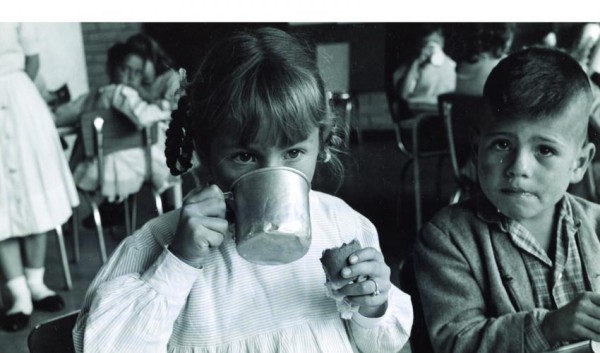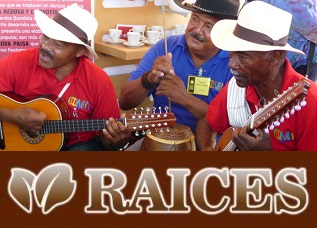
Millions of children would lose access to school breakfasts and other social assistance programs if the new DHS rule goes into effect. Photo: www.fns.usda.gov.
Ethnic Media Service, Washington, DC.
The Trump administration on August 12 finalized a rule which creates additional hurdles for those who’ve waited years to legally stay in the United States. This “public charge” rule expands the list of public programs the government will consider in deciding some immigration applications. The programs will now include certain health care, nutrition, and housing programs. The proposed rule does not apply to those applying for citizenship, humanitarian migrants such as refugees and asylees, and those applying to renew their DACA.
The new rule requires that future receipt of certain kinds of government programs – namely Medicaid, nutrition assistance (SNAP), and public housing (Section 8) – will factor into the determination by immigration officials of who gets a green card. The rule does not go into effect today – there is a 60 day waiting period before the rule is enacted. In the meantime, multiple legal challenges are likely which could lead to further delays.
Advocates and experts emphasize that individuals should not take immediate action if they are currently participating in government programs since the DHS rule does not apply retroactively. Advocates and experts encourage individuals to use caution when deciding whether to participate in certain programs, making sure that they have the information they need to make informed decisions.
PIF to Hold Telebriefing for Media with Immigration and Public Services Experts
The Protecting Immigrant Families (PIF) campaign will hold a telebriefing for reporters to learn from experts in immigration law and public programs about what this rule does – and doesn’t – mean for different groups of immigrants. The call will also lay out steps individuals can take to prepare and continue to access needed programs and services and connect to trusted sources of information and legal help. There will be time to ask questions and opportunities to arrange 1:1 interviews with speakers in various languages. Stay tuned for more details soon about this media call.













